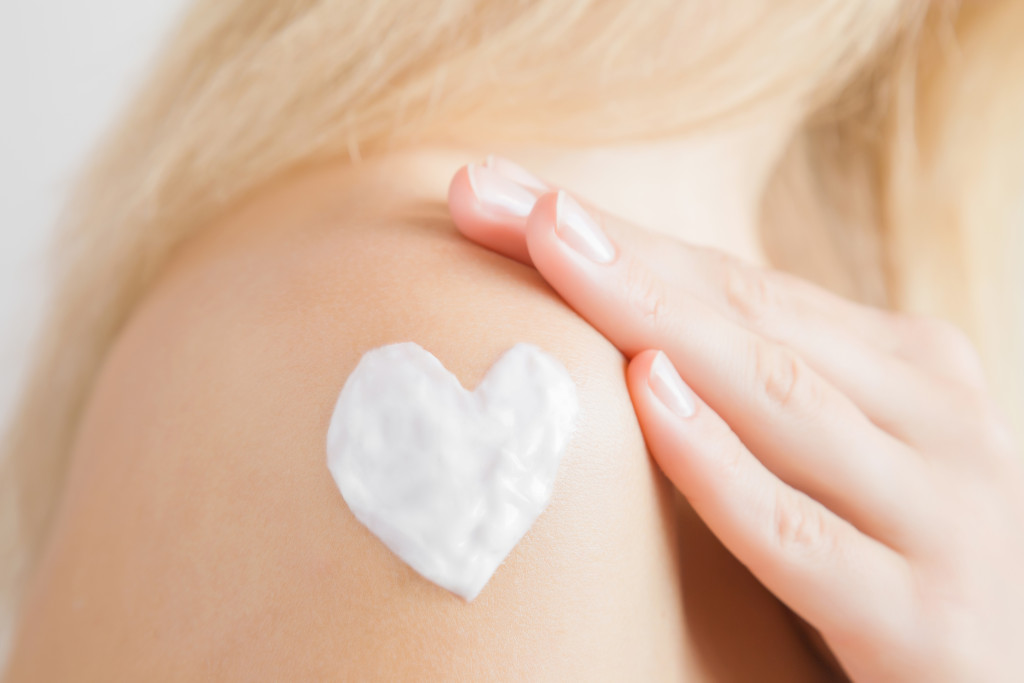When you hear the word organs, chances are the last thing that comes to mind is your skin. Despite the skin being the largest organ, many people take their skin for granted. But the skin is an organ. Like all organs, it has a connection to the rest of the body- including the brain.
How Caring for Your Skin Can Help Improve Your Mental Health
Studies have shown a strong link between skin health and mental health. For example, one study found that people with chronic skin conditions like psoriasis or eczema are 31% more likely to suffer from depression and anxiety. This is because the skin is a barrier between the body and the outside world. Having dry, sensitive, and even acne-covered skin can lead to feelings of shame, embarrassment, and low self-esteem.
It’s not just chronic skin conditions that can affect mental health. Acne can also lead to depression and anxiety. Many studies have shown that patients with acne are at high risk for developing depression and anxiety, with some surveys showing rates as high as 40%. Additionally, there have been reports of suicide in 6-7% of cases.
Furthermore, the skin is also home to millions of nerve endings that provide crucial information about our environment to the brain. Damaged or inflamed skin, this information becomes distorted and can lead to feelings of itchiness, pain, and even burning. All of these sensations can lead to further feelings of anxiety and depression.
How To Care For Your Skin To Improve Your Mental Health
Caring for your skin can go a long way in improving your mental health. Here are some tips on how to take care of your skin:
Practice Proper Hygiene
The first step towards healthy skin is practicing proper hygiene. This means cleansing your face twice daily, exfoliating once a week, and using a moisturizer daily. As for your body, practice good hygiene by showering daily and using a moisturizer on your arms and legs.
Don’t forget to use gentle products, especially if you have sensitive skin. Harsh chemicals can further irritate the skin and lead to inflammation. You’ll also want to avoid hot water when cleansing, as it can strip the skin of its natural oils.
Mind What You Eat and Drink
You are what you eat and drink, so it’s important to mind what goes into your body if you want clear skin. Eat a diet rich in fruits, vegetables, healthy fats, and proteins, as these nourish the skin and promote cell turnover. Instead of sugary drinks, opt for water or green tea, as they help keep the skin hydrated.
If you are struggling with acne, certain foods can trigger breakouts, such as dairy, gluten, and sugar. Consider eliminating these from your diet or at least reducing your intake to see if it makes a difference in your skin.
Sleep More and Stress Less
Sleep and stress are two critical factors that impact skin health. When you don’t get enough sleep, this becomes evident in your skin through dark circles, puffiness, and an overall dull appearance. On the other hand, stress can lead to breakouts and worsen existing skin conditions like eczema and psoriasis.
Aim for 7-8 hours of sleep every night to improve your skin and find ways to manage stress. This could involve yoga, meditation, journaling, or any activity that helps you relax.
See a Dermatologist
If you are struggling with a chronic skin condition or severe acne, it’s best to see a dermatologist. They can prescribe medication or recommend other treatments to help improve your skin.
Dermatologists can also provide support and advice on dealing with the emotional impact of a skin condition. This can be extremely helpful in managing depression and anxiety.
Consider Seeing an Esthetician
In addition to seeing a dermatologist, you may also want to consider seeing an esthetician for regular facials. Remember that dermatologists and estheticians are two different professions. Dermatologists focus on the medical aspects of skincare, while estheticians provide more of a relaxation experience.
Facials can be beneficial for mental health as they can help reduce stress and promote relaxation. They can also improve your skin’s appearance, boosting self-confidence and self-esteem.
Estheticians can offer different procedures depending on your skin type and needs. For example, they can recommend the right acne treatment option if you have acne-prone skin. Of course, you must find the right esthetician to ensure you enjoy the best possible experience. Find one with lots of experience and good reviews and has a clinic offering different treatment options.
Caring for your skin is vital for many reasons—including its impact on your mental health. Taking care of your skin can help reduce stress levels, improve moods, and even promote better sleep. So next time you’re feeling overwhelmed or down, consider giving yourself a little TLC in the form of a skincare routine. Your mind—and body—will thank you!

